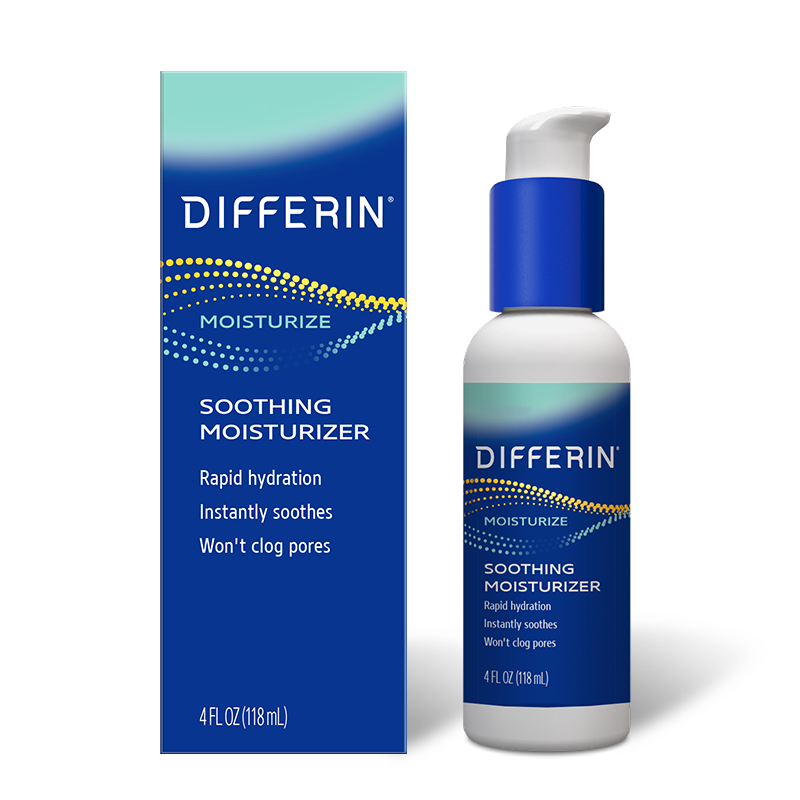The Bernard Rodriguez Journal
Exploring the latest trends and stories in news and lifestyle.
Moisturizer Mysteries: What Your Skin Really Craves
Unlock the secrets of your skin! Discover what moisturizers truly deliver and find the perfect match for your unique skin needs.
Decoding Ingredients: What to Look for in Your Moisturizer
When choosing a moisturizer, it's essential to decode the ingredients to ensure you select a product that meets your skincare needs. Start by looking for key components such as humectants, which attract moisture to the skin. Common humectants include glycerin, hyaluronic acid, and aloe vera. Next, consider emollients, which help to smooth and soften the skin; ingredients like shea butter and jojoba oil are excellent choices. Finally, look for occlusives like petrolatum and dimethicone that create a barrier to prevent moisture loss, especially in dry climates.
It's also crucial to pay attention to other factors, such as the presence of fragrances and parabens, which can irritate sensitive skin. Non-comedogenic formulas are ideal for those prone to acne, as they won't clog pores. Additionally, consider checking for antioxidants like vitamin E and green tea extract, which provide added skin protection and rejuvenation. By understanding these key ingredients, you'll be better equipped to choose a moisturizer that not only hydrates but also enhances the overall health of your skin.

Moisturizer Myths: Debunking Common Misconceptions About Skin Hydration
When it comes to skincare, moisturizers are often misunderstood. One common myth is that people with oily skin shouldn't use a moisturizer at all. This misconception can lead to excessive dryness and exacerbate oil production, as the skin compensates for the lack of hydration. In reality, even oily skin types need a lightweight moisturizer to maintain hydration, which helps balance oil levels. According to the American Academy of Dermatology, choosing the right formula is key, and gel-based products can be a great option for those concerned about greasiness.
Another prevalent myth is that all moisturizers perform the same function regardless of their ingredients. However, the effectiveness of a moisturizer heavily relies on its components. Ingredients like hyaluronic acid, ceramides, and shea butter provide different benefits and hydration levels. For instance, hyaluronic acid is renowned for its ability to draw moisture into the skin, while ceramides help repair the skin barrier. To understand more about choosing the right ingredients for your skin type, consider reading the insights provided by Medical News Today.
What Does Your Skin Type Really Need? Finding the Perfect Moisturizer
Understanding your skin type is crucial for determining what your skin needs, especially when it comes to hydration. Oily skin often requires a lightweight, non-comedogenic moisturizer that won't clog pores, while dry skin benefits from richer, cream-based formulas that provide deep nourishment. If you have combination skin, look for products that balance moisture without overwhelming either area. Skin care experts suggest customizing your skincare routine based on these skin characteristics to achieve the best results.
Moreover, sensitive skin types need gentle formulations that are free from harsh chemicals and fragrances. A great tip for finding the right moisturizer is to test a small amount on your skin before committing to a full-sized product. Consider ingredients like hyaluronic acid for hydration, ceramides for restoring the skin barrier, and niacinamide for calming inflammation. For a deeper dive into the importance of tailored moisturizers, check out this informative guide on Healthline.